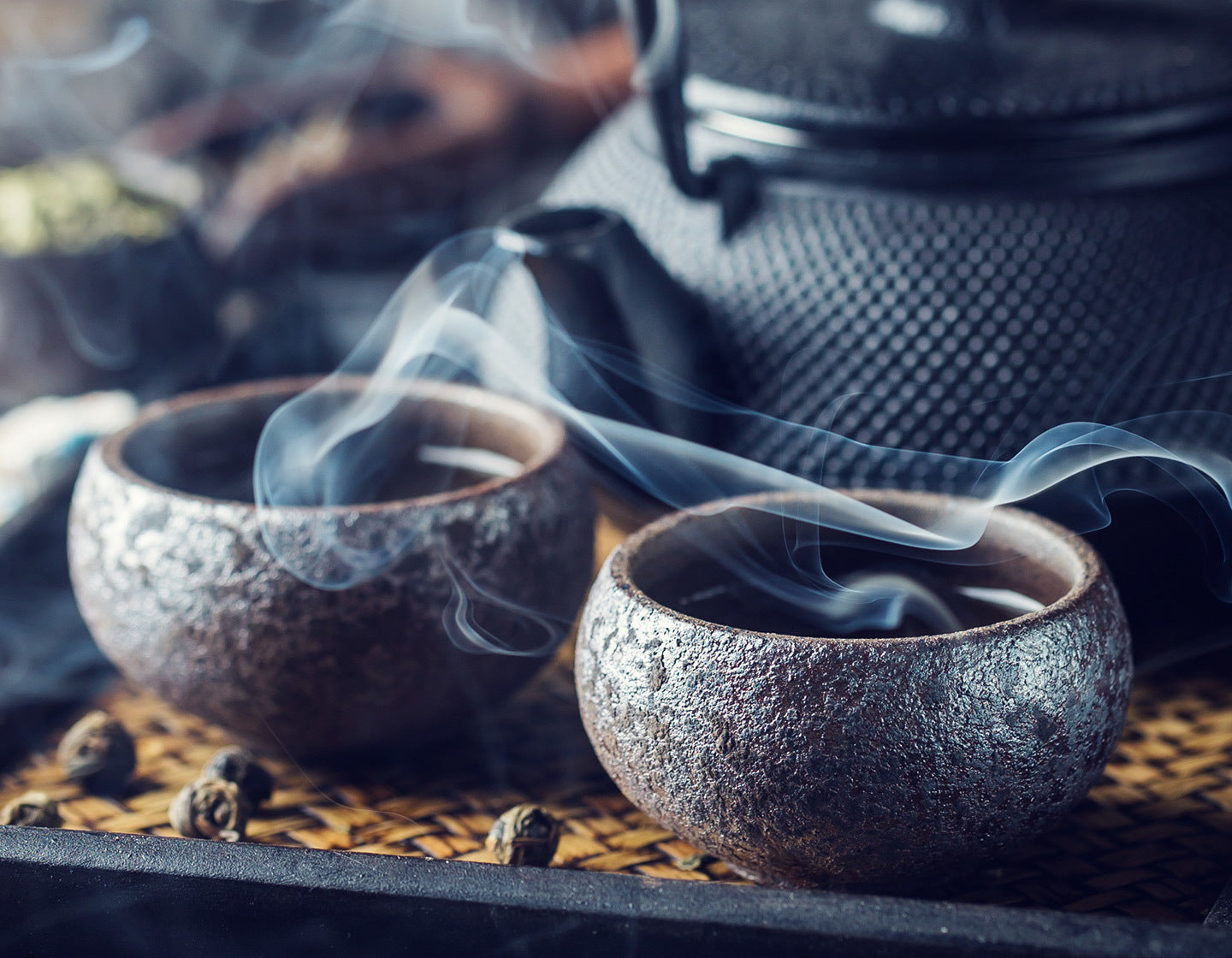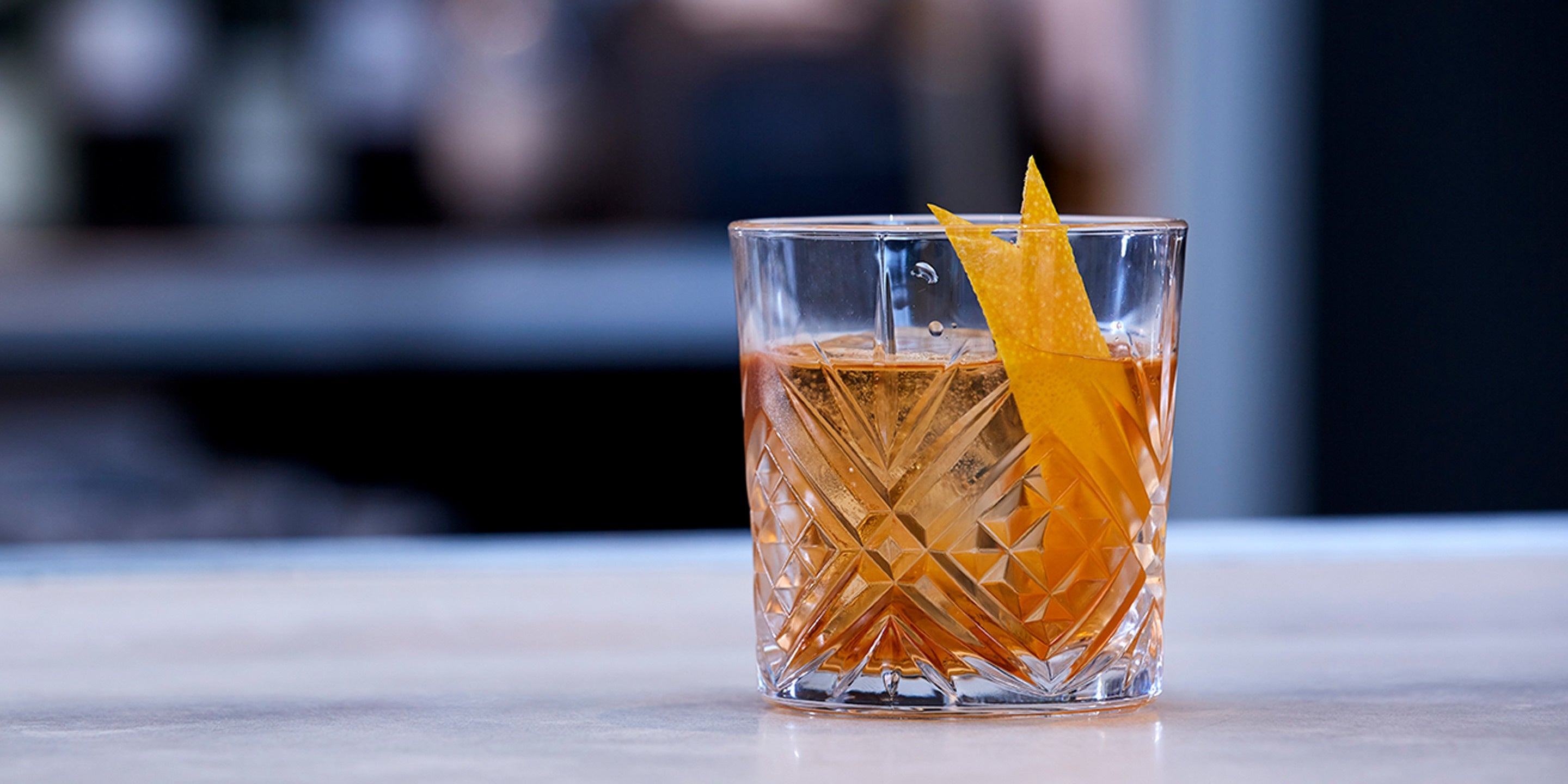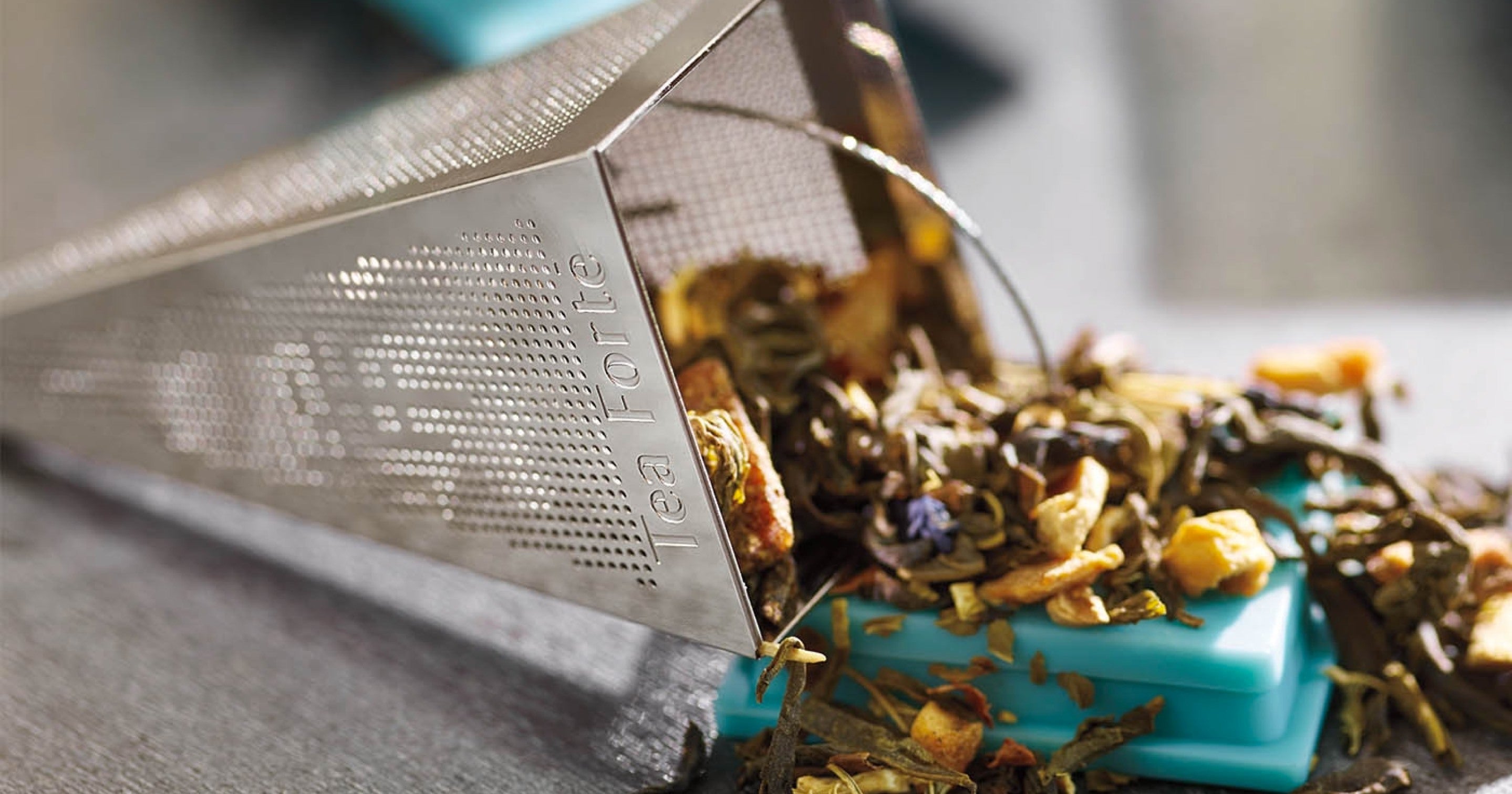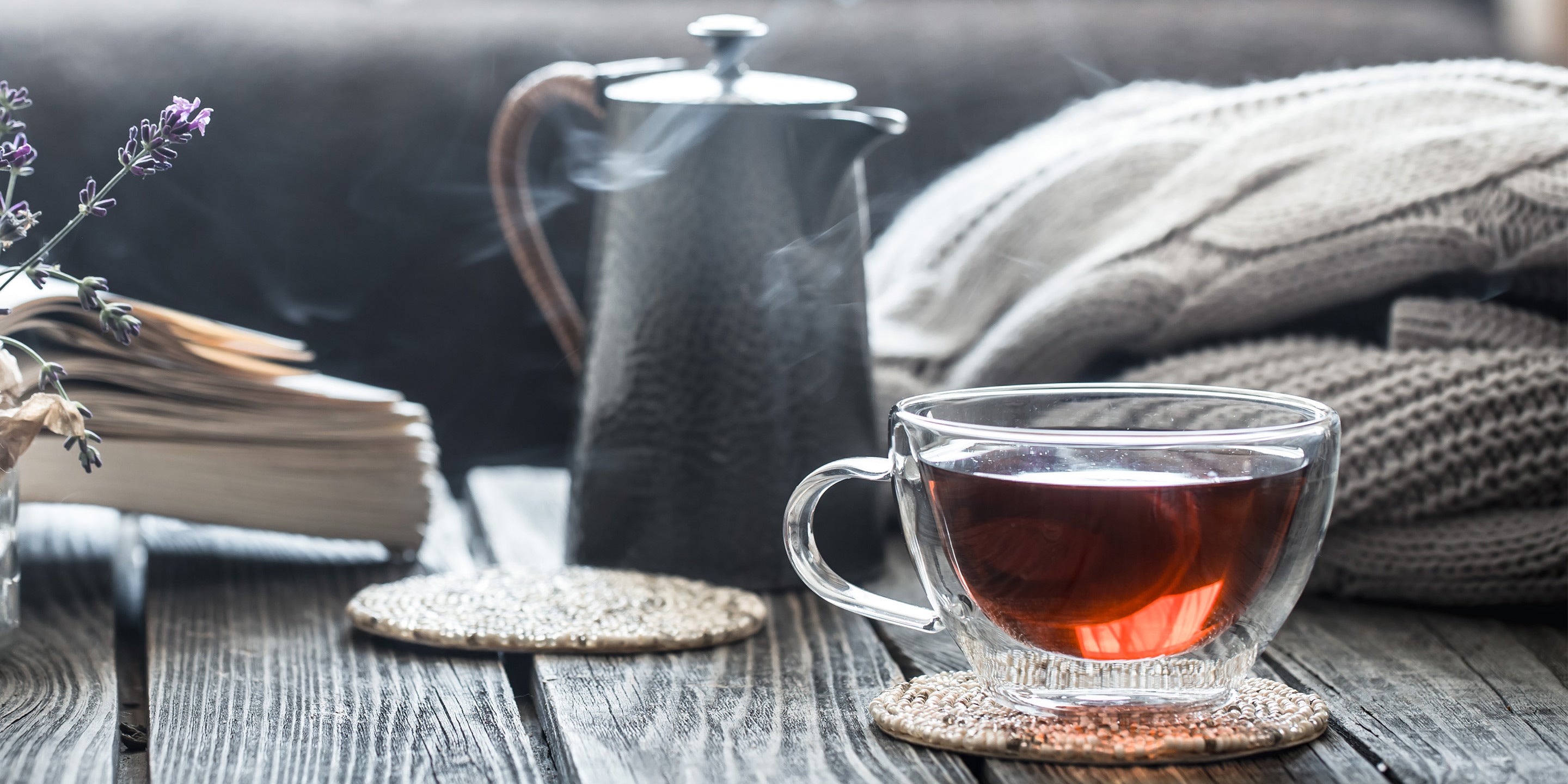Lapsang Souchong tea is a special black tea that must be rolled, oxidized, and fire-dried over aromatic pinewood to achieve its signature smoky flavor. Like other black teas, it contains caffeine, a naturally-occurring stimulant that can have both positive and negative effects on the body, depending on how much is consumed.
This distinctive tea came into being when 17th century tea traders in China had to find an efficient way to preserve tea for shipping during the Qing era. Drying it over fiery pinewood gives its flavor profile a campfire quality. Lapsang Souchong tea leaves come from the base of the tea plant, known as Zheng Shan Xiao Zhong in China. This bold black tea is both bold and comforting, delivering an exceptional tea drinking experience and a steady boost of energy.

How Much Caffeine Does Lapsang Souchong Have?
Black tea blends generally have one-quarter to one-half the caffeine of brewed coffee, depending largely on the age of the leaves at harvest and the length of steeping time. Since lapsang souchong leaves are larger and more mature than many fellow black teas, they contain less caffeine than younger ones, resulting in lower levels of caffeine. Black tea may have as much as 90 mg per 8-ounce serving, but the caffeine content of lapsang souchong, in particular, is often closer to 60 mg per serving.

Potential Benefits of Caffeine Consumption
Many studies have been conducted to define the health benefits of caffeine. Though research is ongoing, many correlations* between moderate caffeine consumption and mental and physical benefits have been found. When consumed in moderation, caffeine may improve mental alertness, concentration and memory. Some studies show that drinking caffeinated beverages can improve mood by increasing dopamine levels in the brain.

The metabolic boost offered by the caffeine and other plant-based chemicals in tea could help the human body to burn fat. Together with the benefits of regular exercise, it may be a useful component of a weight management program when consumed in moderation. Caffeine can also increase adrenaline levels, which heighten the body’s response to stimuli and makes it better able to react quickly and with precision.
Caffeine Cautions
As with many ingredients in the foods and drinks we consume, excess can be harmful and should be avoided. The most obvious caution when it comes to caffeinated beverages is to avoid them just before bedtime. For some, drinking caffeine in the afternoon keeps them up all night, while others can have a caffeinated beverage a few hours before bed and fall asleep without issue. Insomnia is a common side effect of consuming too much caffeine, because it’s both a stimulant and a diuretic, causing the need for frequent bathroom breaks during the night.
Overdoing caffeine has been shown to increase blood pressure and cause dizziness, headaches, nervousness, and dependency. It can also irritate the digestive tract, causing stomachaches and other unpleasant effects. Women who consume excessive amounts of caffeine during pregnancy may carry an increased risk of miscarriage. As part of a regular diet, however, drinking humble or moderate amounts of caffeinated tea -- particularly a blend with mild caffeine levels, such as lapsang souchong -- provides more benefits than drawbacks.
You are cordially invited to discover Tea Forté’s fine selection of exceptional black teas and luxury teaware.
*These statements have not been evaluated by the Food and Drug Administration. This product is not intended to diagnose, treat, cure, or prevent any disease.
You may also enjoy

Cocktails & Mocktails
Earl Grey Old Fashioned

Tea Preparation
The Ultimate Guide to Tea Preparation



